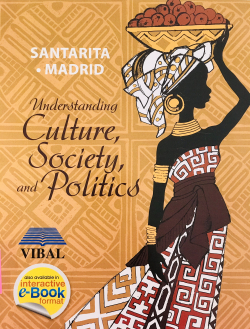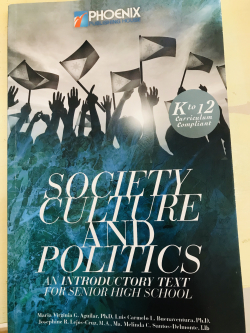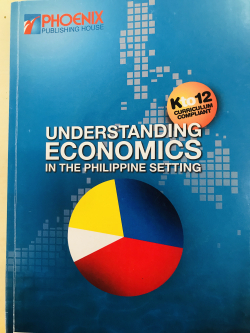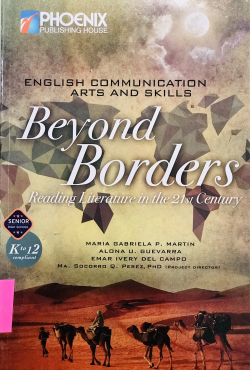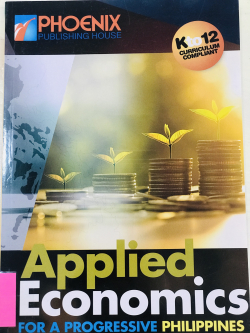Politics without borders: Philippine politics and governance
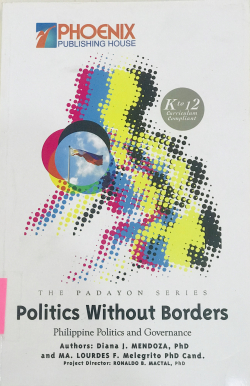
Buy online ($)
Type
Book
Authors
Mendoza ( Diana J. )
ISBN 13
9789710639588
Category
Senior High School
[ Browse Items ]
Publication Year
2016
Publisher
Phoenix Publishing House, Philippines
Pages
214 pages
Subject
Politics
Abstract
Chapter 1 Politics and the Study of Politics provides the conceptual and analytical tools required for a better understanding of politics and governance, in general, and Philippines politics and governance, in particular. Included in this chapter are concepts that are central to the study of politics, namely, politics, power, ideology, state, and nation.
Chapter 2 History of Democratic Politics in the Philippines traces the development and challenges of democracy in the Philippines. It discusses colonial legacies in the country by examining the effect of the American colonial rule and the Japanese occupation on the country's democratic institutions and processes.
Chapter 3 Institutions and Processes of Government outlines the power and functions of the executive, legislative, and judicial branches of the Philippine government, and examines the key features of the Philippine presidential system. Questions of accountability, transparency, state capacity, and state autonomy as well as issues relating to the democratic principle of separation of powers and system of checks and balances are addressed in this chapter.
Chapter 4 Decentralization and Local Governance shifts the discussion of Philippine politics and governance from the national to the local level. It addresses the key issues of decentralization and local governance and the mutually causative relationship between local governance and local development.
Chapter 5 State Society Interactions focuses on the broader public in Philippine society and the various formal and non formal means by which the Filipino citizens can participate and get represented in the different layers and structures of decision making in the government.
Lastly, Chapter 6 Citizaenship in Prcatice it discusses democratic citizenship and the civic virtues of the citizen that are important to the functioning of democracies.
Chapter 2 History of Democratic Politics in the Philippines traces the development and challenges of democracy in the Philippines. It discusses colonial legacies in the country by examining the effect of the American colonial rule and the Japanese occupation on the country's democratic institutions and processes.
Chapter 3 Institutions and Processes of Government outlines the power and functions of the executive, legislative, and judicial branches of the Philippine government, and examines the key features of the Philippine presidential system. Questions of accountability, transparency, state capacity, and state autonomy as well as issues relating to the democratic principle of separation of powers and system of checks and balances are addressed in this chapter.
Chapter 4 Decentralization and Local Governance shifts the discussion of Philippine politics and governance from the national to the local level. It addresses the key issues of decentralization and local governance and the mutually causative relationship between local governance and local development.
Chapter 5 State Society Interactions focuses on the broader public in Philippine society and the various formal and non formal means by which the Filipino citizens can participate and get represented in the different layers and structures of decision making in the government.
Lastly, Chapter 6 Citizaenship in Prcatice it discusses democratic citizenship and the civic virtues of the citizen that are important to the functioning of democracies.
Number of Copies
1
| Library | Accession No | Call No | Copy No | Edition | Location | Availability |
|---|---|---|---|---|---|---|
| Main | 308 |
320 M5235 2016 |
1 | Yes |
